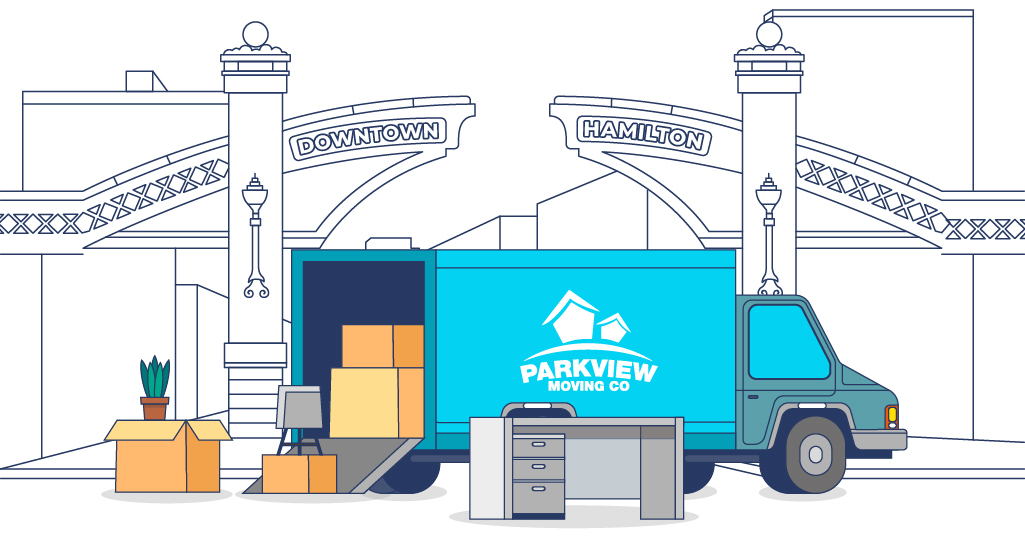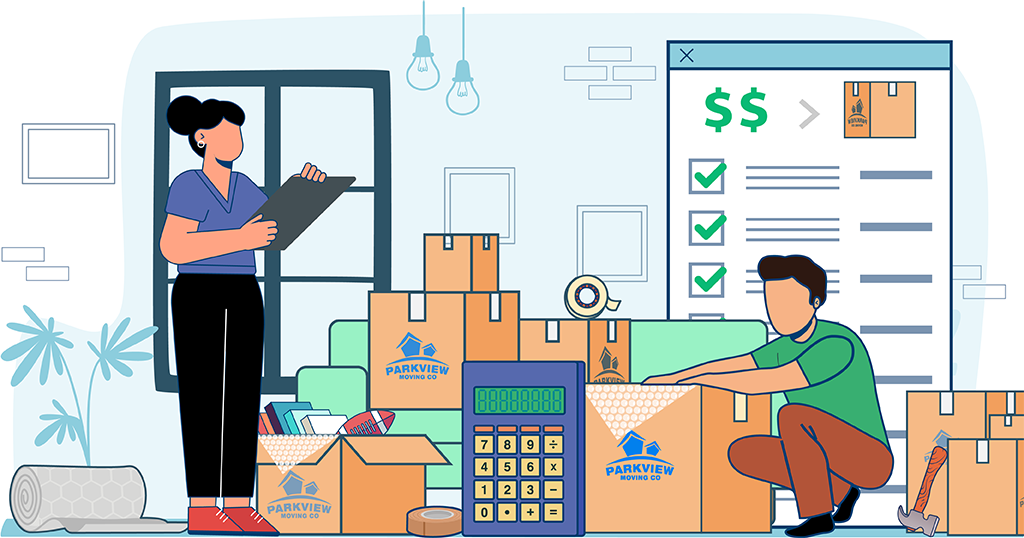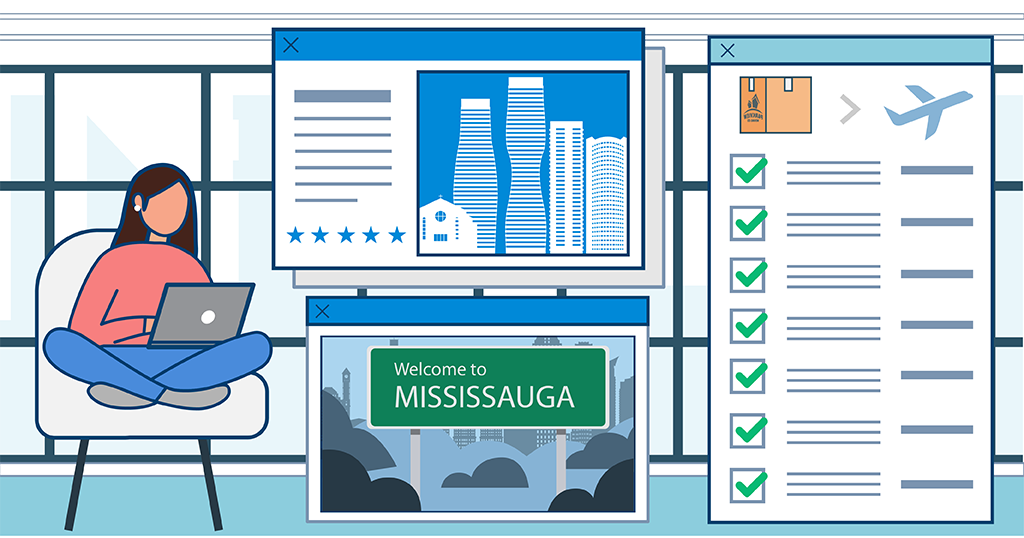These days, more Canadians are living with at least one parent than in the past, but most still have a desire to strike out on their own. For many, knowing some of the best tips for moving out for the first time could be invaluable.
Moving out for the first time can be daunting, even for someone in their 20s. It’s a huge step, and many people aren’t too sure about how they should tackle it. With the right beginner moving tips, you’ll be able to handle the process with as few issues as possible so you can start the next chapter of your life on the right foot.
In this guide, we’ll go over some crucial tips for moving out for the first time. Keep reading for more.
1. Mentally Prepare Yourself
Knowing how to move out is crucial, but it’s just as important that you make sure you’re mentally and emotionally ready. This aspect can prove most challenging for people who have very good relationships with their families. If you’re particularly close to yours, moving out may be difficult, regardless of how practical it might be.
Many people grow up with the security blanket of love and support from their family. There’s always someone there when you need them. This is something you will lose to a degree when you move out.
This may be even more significant if you’re moving somewhere quite far from your home. Putting a lot of physical distance between you and your family/friends can be scary, and you may struggle with it at first.
It’s important to remember that this isn’t a permanent goodbye. You can still contact your family whenever you need and can visit them as often as is practical. Try not to let this distract you from the excitement of a new adventure.
You don’t want to move out but stay stuck in the past. Try to get into the right mindset before you move so you can focus on your future and everything that will come with it.
If you don’t have the best relationship with your family, you’re probably more enthusiastic about moving out. It’s important to stay strong and know that you can find support in other places such as through friends, work, or school.
Don’t leave in a state of anger if possible. You can control your visits back home, allowing you to establish boundaries that you’re comfortable with. Try to maintain a positive attitude and it will make things easier in the future.
2. Get Your Finances in Order
Along with an emotional safety net, living at home often provides a financial safety net. With this gone, you need to be able to manage all of your own finances effectively.
Start by creating a daily budget so you know how much you can spend each day. This will give you a good idea of if you can actually afford to move out and if you can afford to live alone rather than with roommates. Take all of your expenses into account, including things like:
- Phone bill
- Internet
- Gym membership
- Groceries
- Transport
- Utilities
Bear in mind that the costs of these can change quite a bit once you move out. If you’re renting, this will likely be your biggest expense, but all of them will contribute to your cost of living.
If you’re unsure of any of your expenses, it’s best to overestimate. You also want to try to leave some money aside each month to cover unforeseen expenses or as savings.
After this, you should budget the move itself. For this, renting is a bit easier to calculate.
There are additional costs that come with buying a home, which you should consider. When renting, however, make sure you also think about your security deposit.
You may need to pay for a moving company if you have a lot of stuff. Depending on what you’re taking and what the property has, there’s also a good chance you’ll need to buy some new items for your home.
3. Ensure You Know How to Do Basic Lifestyle Tasks
This is one of the most important, yet most neglected tips for moving out for the first time. Depending on how things have been for you at home, there may be some basic tasks that you haven’t done much before. Things like doing laundry or cooking dinner aren’t too difficult, but if your parents usually take care of this, you may want to brush up on things.
If your parents give you moving out advice, it will probably be to learn how to take care of yourself. This can often come down to basic chores that they can teach you.
You don’t have to be a master of all of these to live on your own, but you should have a basic idea of how to look after yourself and your home. With some time, you’ll pick up more and improve your skills.
4. Create a Move Out Checklist
Organization is crucial when you’re moving out. There’s a good chance that after a short while, you’ll realize you don’t have something you need. With effective planning, however, you can make this far less likely.
Before you move, consider everything that you use in your daily life. There will be various things that you’re likely to take with you. On top of this, you’ll probably need to buy some new items when you move.
Make sure you create a thorough moving checklist that covers everything you need. Some typical things to include would be:
- Bedding
- Cleaning supplies
- Kitchen basics
- Toolkit
- First aid kit
- Furniture
- Towels
- More
Determine what you already have that you can take with you. Make sure you’ve also taken note of anything that your new home already has.
If it’s furnished, you won’t need to worry so much about furniture. However, you may still need to bring your own bedding and other smaller pieces of furniture.
Once you know what you don’t have to worry about, you can create a specific list of things you need to get. You may want to buy some of these before you move so you’re ready from day one. Other items may not be so crucial, so you can buy them after you move.
5. Make Arrangements So You’re Ready
There are a range of things you should have set up before you move. No one likes doing admin or paperwork, but making sure your new home is ready before you get there is better than having to deal with everything after you arrive.
For example, you probably need to update your address on important documents. Your employer, school, bank, and more will all need your new address. Make sure you also get a new driving license with your updated address, as this is required by law.
Look into different utility providers. You’ll now be paying every month for gas and electricity, so it’s worth comparing the different options available. Picking the right companies can help you save a lot of money in the long run.
Setting up your wifi ahead of time is also a good idea. It can take some time for an internet service provider to deliver your router and get everything up and running. Taking care of this in advance will help ensure you have internet access as soon as possible.
6. Figure Out Your Moving Plan
With a solid plan in place, you should be well-prepared for your move. Now, you just need to actually prepare for your moving day. This is something that can be difficult even if you’ve done it several times before.
Determine a plan and create a list of tasks for the day. Work out how everything will go and make sure you give yourself enough time for everything.
Figure out if you’ll need to hire a moving company. If you do, you should do this well in advance to make sure you don’t have any issues on the day.
You’ll want to get moving supplies like boxes, tape, and scissors. Trying to move without these basics can be incredibly difficult. You can also use labels or markers to keep things organized.
When moving, you’ll probably notice how much stuff you actually own. This can be a good time to go through your belongings and determine if there’s anything you don’t need. You can then sell, donate, or throw out items you’re not likely to use again rather than taking them to your new home.
Packing often takes a lot longer than people expect. Get started with plenty of time, and only leave things out if you’ll need to use them up to the point of moving.
When packing, try to do it in an organized fashion. This will make unpacking at the other end significantly easier, and with how tired you’ll be after the move, it can make a huge difference to the entire experience.
Utilizing These Tips for Moving Out for the First Time
All of these tips for moving out for the first time can prove very beneficial, so it’s worth making use of them. Being prepared is the key to a smooth move, so make sure you’re ready for everything as early as you can be.
Parkview Moving offers reliable, stress-free moving services that can help get you into your new home. We’ve been in business since 2010 and you don’t have to worry about any hidden fees or unexpected small print. Get your free quote today so you can get started.






